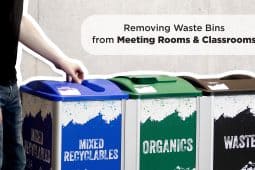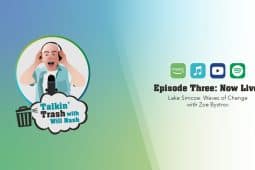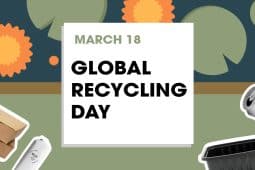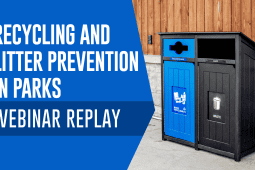What are Non-Renewable Resources?
August 11, 2016
Definition
Non-renewable Resources are resources that will deplete over a lifetime. They are consumed at a rate faster than they can naturally reproduce; many of these resources take millions of years to replenish. Examples of non-renewable resources are coal, oil, and materials used for nuclear energy.
Want to Know More?
The use of nonrenewable resources, like fossil fuels as an energy source dates to the beginning of the Industrial Revolution. During this period, numerous developments occurred including the steam engine which made production on a mass scale possible, the development of electric generators for the generation of electricity, and the new forms of transportation like the steam locomotive and automobile. To power these new forms of technology, Fossil Fuels like coal and crude oil were mined and extracted from the Earth.
Despite being a technological innovation, the use of Fossil Fuels is only a short-term solution that has caused environmental problems. As they are burned, Fossil Fuels release greenhouse gasses into the atmosphere, which trap more of the sun’s radiation and contributes to Climate Change and Global Warming. At the same time, these sources are limited and will eventually run out, some estimates for crude oil projecting 70 years.
A more sustainable solution is to use Renewable Resources, which are resources that can be continuously used at a sustainable rate and will naturally replenish. Examples of renewable resources are trees, solar and wind power. With proper management these resources will continue to replenish faster or equal to the rate they are used, and have a smaller environmental impact compared to non-renewable resources.
—
Other Sources
Editors of Encyclopedia Britannica. “Industrial Revolution.” Encyclopedia Britannica. https://www.britannica.com/event/Industrial-Revolution. Accessed August 15, 2016.
National Geographic Society. “Non Renewable Resources.” National Geographic. http://nationalgeographic.org/encyclopedia/non-renewable-energy/. Accessed August 11, 2016.
“About Renewable Energy.” Natural Resource Canada. https://www.nrcan.gc.ca/energy/energy-sources-distribution/renewables/about-renewable-energy/7295#what. Accessed September 30, 2019.
“Energy Explained: Your guide to understanding energy.” U.S Energy Information Administration. https://www.eia.gov/energyexplained/. Accessed September 30, 2019.










